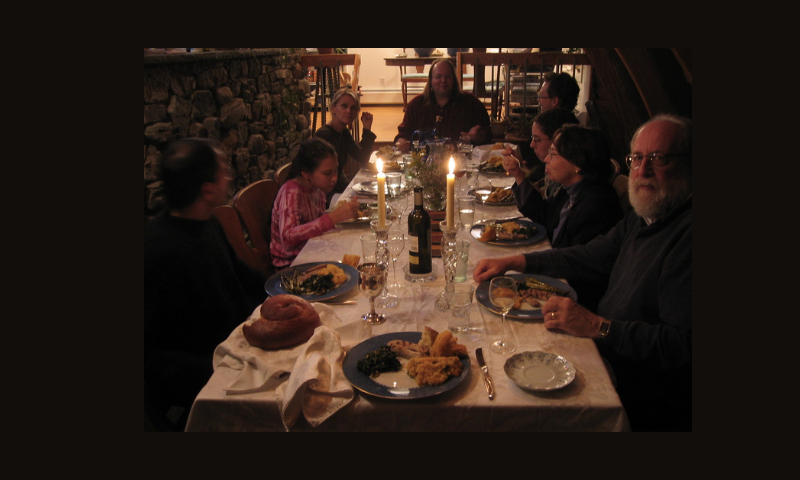Ernst Simon
Commentary Magazine, September 1955
“Today the “Days of Awe” are an embarrassment for most of us because we can give them neither a national, a ritual, nor a purely natural meaning.”
The calendar, with its rhythmic division of the year, its beginning and its end, its workdays, rest days and holidays, provides a characteristic expression of the spirit of different religions, cultures, and peoples. This is especially true of that moment or event which is taken as the starting point from which time is reckoned. For Christianity, Jesus, as the son of God, had only to be born to open a new era in world history; Islam, however, whose prophet claimed no divinity for himself, begins its reckoning, quite consistently, not with Mohammed’s birth but with his first great act as the founder of a religion, the flight from Mecca to Medina, the “hegira” of 622.
Secular movements too, like the French Revolution and Italian Fascism, have attempted—mostly without success—to introduce new calendars, and thus to symbolize their epochal importance. With us also one occasionally sees a date given as “In the year such-and-such since the foundation of the Jewish state,” but the idea does not seem to have caught on. Jews, even those of Israel, still reckon time from the creation of the world; their New Year is its birthday.
This was not always wholly undisputed. The Mishnah tract “Rosh Hashanah” begins as follows: “There are four beginnings of the year: the first of Nisan is Rosh Hashanah for the kings [i.e., their reigns] and for holidays. The first of Elul is Rosh Hashanah for the tithe of cattle. . . . The first of Tishri is Rosh Hashanah for the year and for the fallow year and the jubilee year, for planting and for vegetables. The first of Shebat is Rosh Hashanah for trees, according to the school of Shammai; but the school of Hillel says the fifteenth. … [To read the full article, click here]


